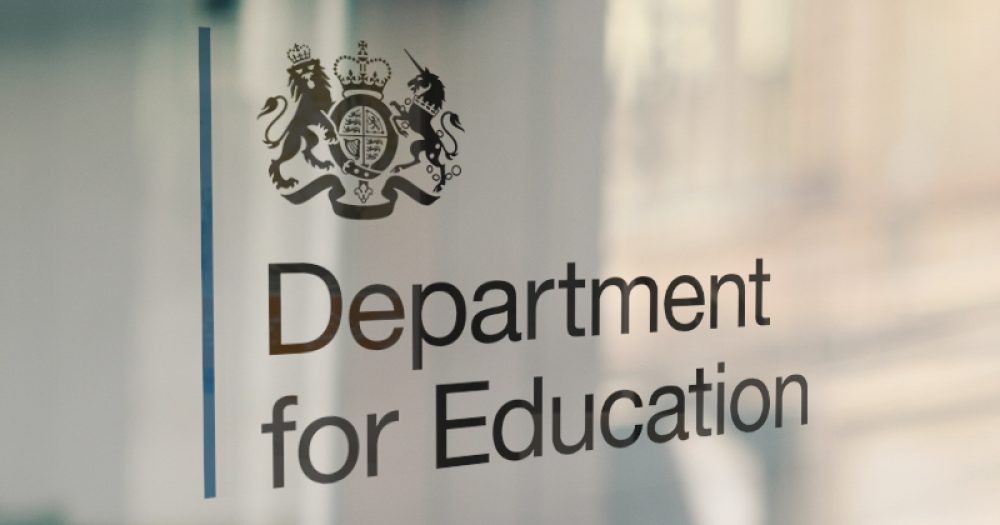The Department for Education has published new guidance for schools on how to deal with sexual harassment and violence between pupils, urging staff to look out for incidents both online and in school.
The document provides advice for governing bodies, senior leadership teams and designated safeguarding leads on matters like consent, what constitutes sexual violence and harassment, and the legal duties that apply to schools.
Schools must be prepared to help pupils deal with “unwanted conduct of a sexual nature”, which can occur online or offline.
Online sexual harassment can range from non-consensual sharing of sexual images and videos to inappropriate sexual comments on social media, and such incidents may be isolated or part of a wider pattern.
Schools must also understand that sexual violence can be perpetrated and suffered by all pupils.
Although girls are more likely to be victims of sexual violence, and boys are more likely to be perpetrators, schools are advised to ensure that their response to boy-on-boy and girl-on-girl sexual violence and sexual harassment is “equally robust” as it is for abuse between children of the opposite sex.
Lesbian, gay, bisexual or transgender children can be targeted by their peers, and pupils perceived by peers as being LGBT can be “just as vulnerable” as children who identify as LGBT.
Schools should teach children about safeguarding, including how to stay safe online, as part of a “broad and balanced curriculum”.
Last year, an inquiry by the parliamentary women and equalities committee found that 29 per cent of 16- to 18-year-old girls had experienced unwanted sexual touching at school, and 71 per cent of pupils that age regularly heard terms such as “slut” used towards girls.
In response, the government noted the “worrying picture” in schools, including “some very disturbing evidence about the sheer volume of sexually predatory and abusive behaviour experienced by young girls”, but said existing legislation on the issue within the Government Equalities Office was “already strong” and would not be immediately changed.
Maria Miller, the MP who led the inquiry, welcomed today’s guidance, but said there was more work to do.
“A long-term commitment is needed,” she said. “The programme of work should include funding specialist sexual violence organisations to support schools and young people, and research on how boys and young men can be part of the solution. Collecting data on incidents is vital in ensuring that the advice is implemented in practice, so that future generations of girls are safe and equal at school.”
Earlier this week a poll of more than 1,600 teachers by the National Education Union and UK Feminista – a prominent feminist activist group – revealed that 27 per cent of secondary teachers would not feel confident tackling a sexist incident at school. Of those, 74 per cent said they feared they would not be supported by leaders in their school if they took action.
Kevin Courtney, the joint general secretary of the NEU, welcomed the guidance, calling it “a vital first step towards ensuring schools have the necessary confidence and understanding to prevent sexual harassment and sexual violence between students”.
He wants the DfE to engage with barriers that surround “time, training and the testing culture”,.
“This includes talking about, and raising awareness of, the harm caused by everyday sexism in the classroom and stereotypes about girls and boys,” he continued. “The absence of initial teacher education or CPD training on these issues is a huge part of the picture.”
Robert Goodwill, minister for children and families, said: “Schools and colleges should be safe places and where there are incidents of abuse or harm it is vital that the young people involved are supported.
“All schools must have an effective child protection policy that addresses a range of issues. To support schools we have published new advice specifically on sexual violence and sexual harassment today.
“We are consulting proposed changes to the Keeping Children Safe in Education guidance, to ensure it reflects the challenges that schools must be prepared to deal with.”







Your thoughts